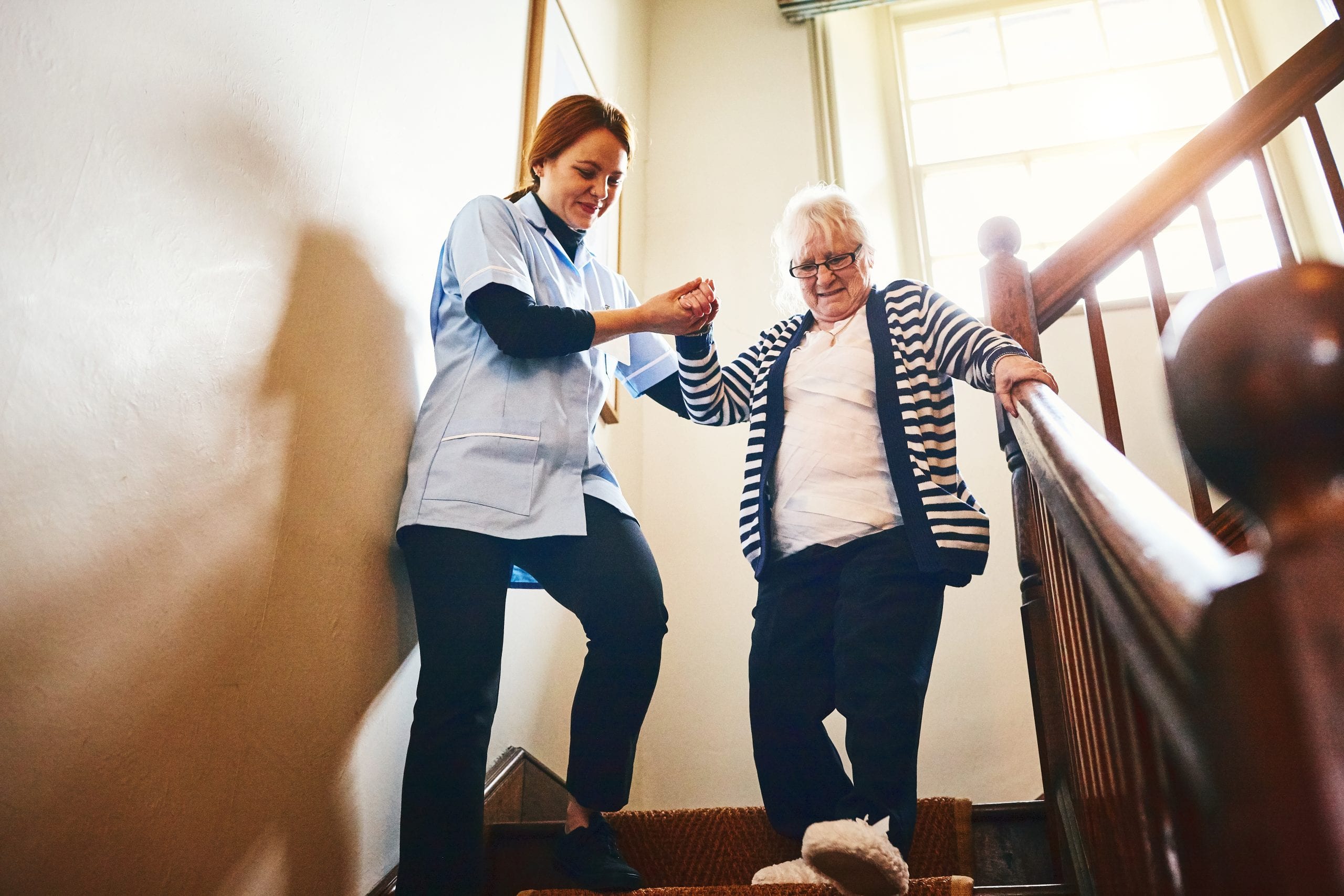Part 4: How is the performance of locally elected councillors measured?
The roles and responsibilities of councillors and associated performance criteria and measures are subject to definition in several places including legislation/regulation, through guidance, through individual political parties and via the constitution of individual councils.
However, there is a lack of definition of the role and responsibilities and readily available information on the performance of councillors.
Councillors are subject to regular election with perhaps re-election seen as the acid test of their performance. However, election does not automatically mean a councillor has the knowledge and experience to perform the role to which they have been appointed, nor that they will after election act in accordance with the wishes of their electorate.
Given the periodic nature of elections arguably they are too far apart to be an effective way of measuring the performance of individual councillors and such reliance could influence councillors taking a longer-term view of the interests of the communities they serve.
Whilst political manifestos and election campaigns shape council plans and policies this is at a high level and represented in static documents, which are only subject to periodic review rather than dynamic performance management.
With limited a lack of defined performance measures and standards much of the performance of a councillor is left to the political party, if any, to which they are affiliated and undertaken therefore largely behind closed doors.
The move to a politically strong leadership model has focussed the vast majority of decision making in the hands of a relatively few councillors within each authority with the majority of members performing a scrutiny role or serving on the few separate decision-making bodies such as Town Planning.
If attendance at formal public meetings is used as a measure of councillor engagement of the public in their decision making and the health of local democracy, then the reducing attendance and falling number of people turning out to vote must be a cause for concern.
Efforts made to make meetings more accessible by streaming them has had limited success, with perhaps the response to the pandemic and having virtual meetings offering opportunities.
Currently it is not possible for the communities to know with certainty whether a councillor is performing effectively; public records show the attendance of councillors but there is no standardised method for review or assessment of their performance, or the amount of engagement and impact the have.
Thus, it is not possible to say councillors, at least in the numbers currently elected, are effective or even necessary.
Continue reading >
< Go back

Please note you can unsubscribe at any time.






